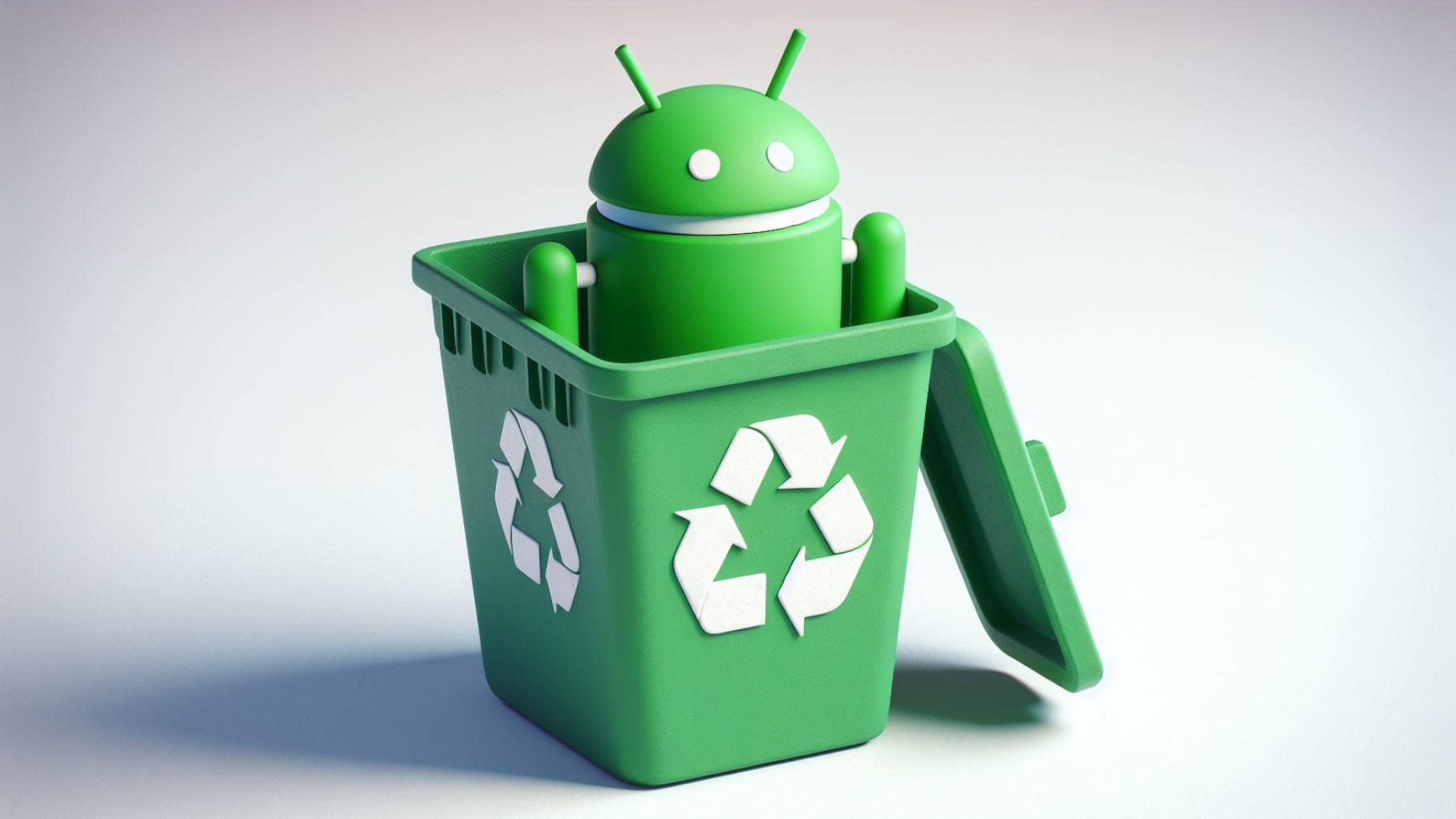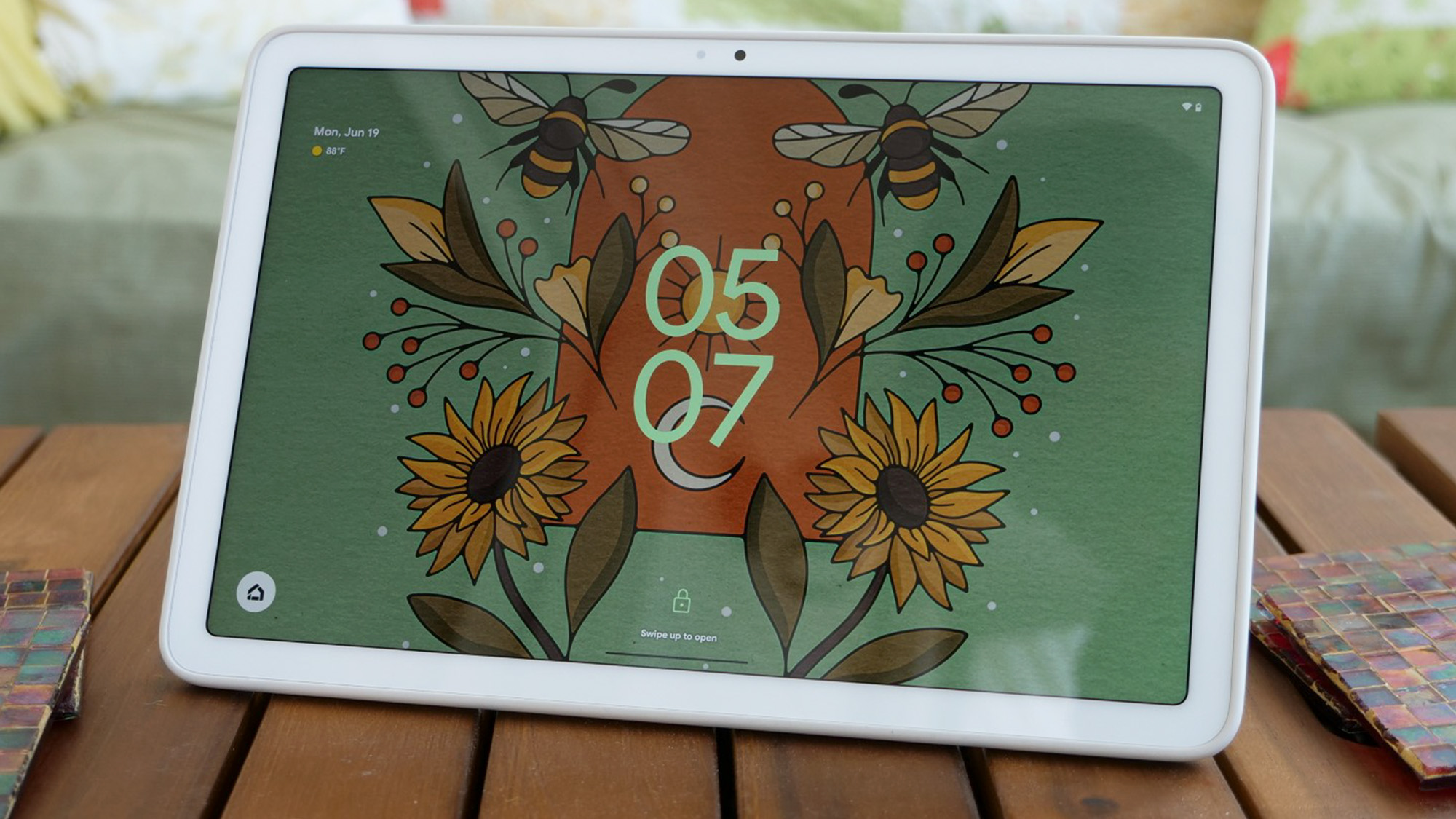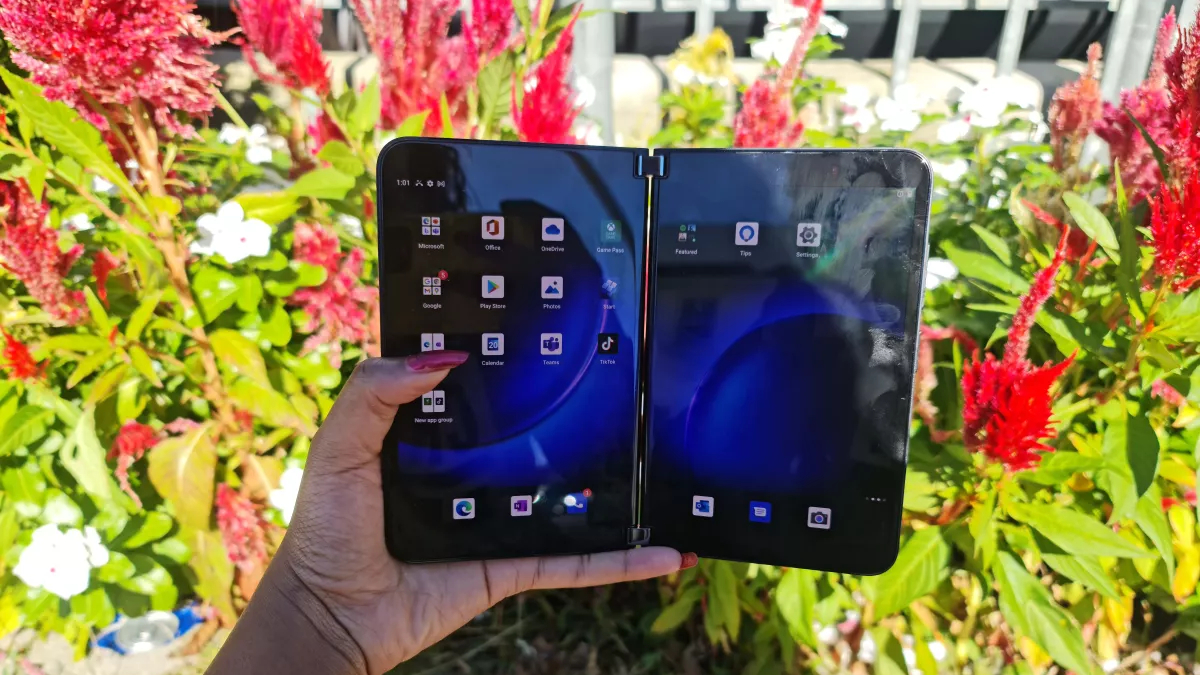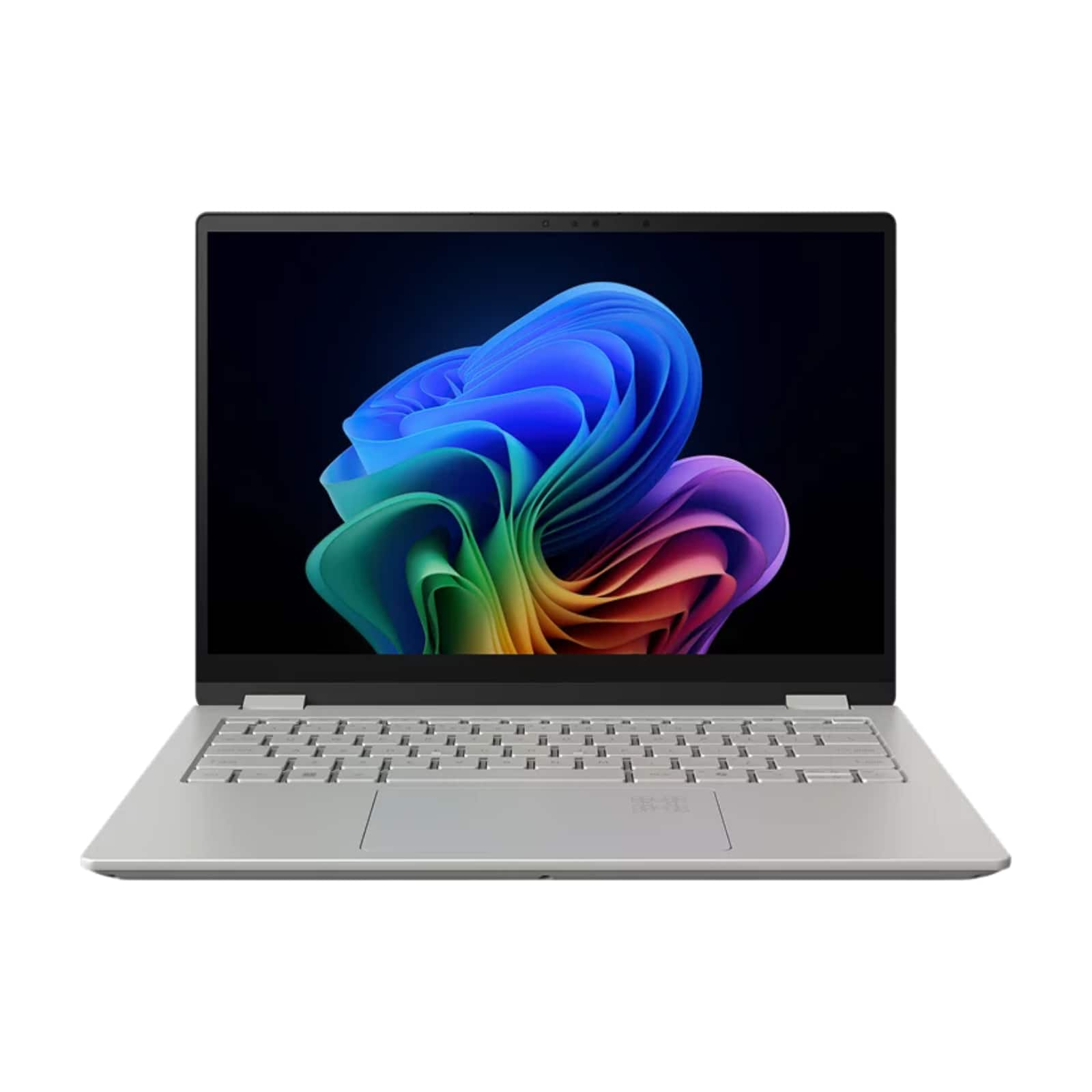Out of touch: Windows loses Android app support
A history of Android on Windows

Android is dead — as part of Windows. Microsoft recently announced that it will discontinue support for the Windows Subsystem for Android (WSA) in 2025. Long before that, neither Android apps nor the Amazon Appstore will be available through the Microsoft Store.
The WSA story started with a product that had both Windows and Android reeling when it debuted: the iPad. Apple’s tablet, which hit the market with a red-hot start, threatened to displace the laptop after it helped to finish off netbooks. Microsoft’s response — adding touchscreen support in Windows 8 through a tile-themed mode that eventually gave way to a tablet mode — never seriously challenged Apple’s tablet and Windows Phone failed to attract touch apps that could also run on the desktop. As for Google, the optimization of iPad apps compared to their phone-based versions was something Android never matched. While Android would continue to flourish as a phone OS, only a few major companies continue to push the envelope in Android tablets

In more recent history, though, WSA was a follow-on to WSL, the Windows Subsystem for Linux embraced by developers using Linux-based tools. But WSA had a far broader promise in that it stood to bring the vast library of touch-ready Android apps to Windows PCs that had failed to attract them. The impetus for Microsoft became stronger when Apple announced the first Macs based on Apple silicon, and with them, the new ability for iPad and iPhone apps to run on them (albeit generally without touch). As Microsoft pursued its own ARM-based PC strategy with Qualcomm, Android apps stood to perform well on the chip architecture they’ve always called home. Finally, with Microsoft adopting Android with the Surface Duo, supporting Android on Windows opened up an opportunity for PC-phone integration that went beyond what Microsoft had delivered with its own phone and Samsung’s Galaxy S series.
But WSA’s lack of Google Play, and with it, many of Google’s most popular apps--including Gmail, Google Maps, and YouTube — proved a huge drawback. The Amazon appstore that Microsoft included not only had far fewer apps, but a library more catered toward kids and entertainment than some of Android’s more advanced productivity applications. Of the several reasons Google may not have wanted Google Play on Windows, the leading one is likely that such support would make Windows PCs more competitive with Chromebooks. After all, Google does not even allow devices running ChromeOS Flex, its option for running ChromeOS on PCs and Macs, to access the Google Play store and run Android apps. Finally, Google had its own plans for Android apps on Windows, announcing Google Play Games for the platform, which expanded the market for Android game developers but not for non-game app developers.

As for the timing, Microsoft’s AI embrace has created a shift back toward focusing on Windows after a more platform-agnostic run in which it crowned the cloud. While Copilot is easy to find in Windows, we’ve just begun to see the extent to which it will be woven into the operating system. That’s rekindled a long-running rivalry with Google, which has positioned its Gemini AI efforts to compete with Microsoft’s. Furthermore, Amazon may be leaning away from promoting its Android app store as it is moving to a new operating system code-named Vega on many of its other devices.
Windows Services for Android provided the best integration of Android apps into Windows, but it was not the first to bring those apps to the platform. The BlueStacks app player has allowed Android apps to run on Windows for more than a decade and provides full access to Google Play even though it, like another option, Nox Player, focuses heavily on games. Now, with Microsoft retreating from Android on Windows after playing up the value of having it there, perhaps Google will consider adding support for more than games.
Meanwhile, while Windows’ touch app interface has inched forward since Windows 8, it still remains unfulfilling. The iPad retains the best native app touch experience. Particularly with the support of Android apps, though, detachable Chromebooks like the Lenovo Duet offer a touch interface experience that beats the one from Windows.
Sign up to receive The Snapshot, a free special dispatch from Laptop Mag, in your inbox.

Ross Rubin is the founder and principal analyst at Reticle Research. Ross has been an industry analyst focusing on innovation in the technology, media and telecom markets for over 20 years. Prior to founding Reticle Research, he was executive director and principal analyst at The NPD Group, where he provided analysis on a wide range of technology topics and led research spanning devices, access and content. You can follow him on X and Threads @rossrubin.









